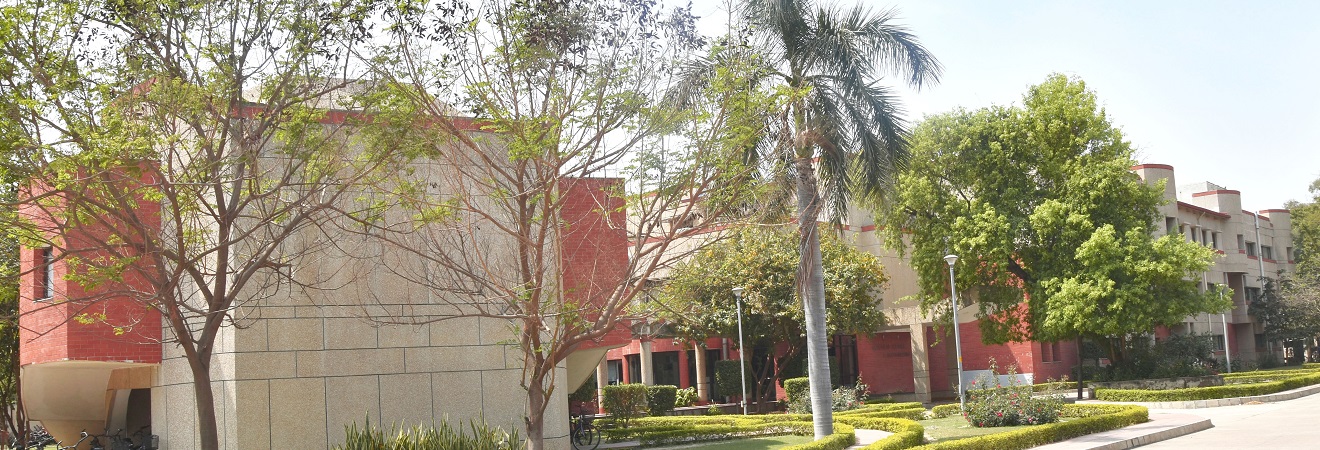 Amitabha Bandyopadhyay, Professor
Amitabha Bandyopadhyay, Professor
KENT chair for entrepreneurship & innovation
This email address is being protected from spambots. You need JavaScript enabled to view it.
(91) 512-259-4055
(91) 512-259-4010
Link to Lab Webpage
Dr. Amitabha Bandyopadhyay conducted his doctoral research in the laboratory of Prof. Umadas Maitra at Albert Einstein College of Medicine in New York. Upon receiving his PhD in 2002 he joined the laboratory of Prof. Clifford Tabin at Harvard Medical School for his post-doctoral research. Dr Bandyopadhyay joined the faculty of BSBE in December 2006.
Our research is focused on understanding the mechanisms of cartilage and bone differentiation. We are using a variety of knock-out and transgenic mouse strains and developing chicken embryos in conjunction with several novel cell culture techniques, developed in-house, to study the following aspects of skeletal differentiation:
Articular cartilage development and osteoarthritis: In adult limb skeleton there are multiple elements. However limb skeletal development begins with a single cartilaginous template which is branched (along the long axis) and segmented (perpendicular to the long axis) to give rise to the distinct skeletal elements. Further, while the early limb skeleton is made of pure cartilage, in mature skeleton most of the cartilage is replaced by bone. This cartilage that is replaced by bone is referred to as transient cartilage. Only the cartilage adjoining the plane of segmentation remains as cartilage forever and is varyingly referred to as permanent cartilage or articular cartilage or joint cartilage. During osteoarthritis the permanent cartilage undergoes molecular and histological changes reminiscent of transient cartilage differentiation.
Our laboratory is interested in understanding the molecular mechanism that dictates the location of cartilage primordium segmentation, the link between segmentation (or initiation of joint morphogenesis) and articular cartilage differentiation, the molecular players involved in articular cartilage differentiation, the molecules that are responsible for maintenance of articular cartilage fate and the molecular basis of osteoarthritis.
Role pf BMP signaling in bone development and osteoporosis: As mentioned above, the cartilage primordia of limb skeleton is mostly replaced by bone through a process called osteogenesis. Bone Morphogenetic Protein (BMP) signaling, a sub-class of TGF-beta signaling pathway, is a critical determinant of osteogenesis. Though originally discovered as an activity that promotes ectopic bone formation it is now known that BMP signaling is essential for development of many embryonic structures. Many tissues, if exposed to BMP proteins, become bone while many naturally BMP responsive tissues do not become bone. This suggests that BMP signaling operates a specific molecular network to promote bone formation. We are interested in elucidating the bone specific BMP signaling network.
Our laboratory has reported the first set of transcripts that are exclusively expressed in developing bone in a BMP signaling dependent manner. We have now conducted a large scale RNAseq analysis to identify more transcripts that are expressed in developing bone in a BMP signaling dependent manner. We have also developed a knock-out mouse strain that suffers from defects similar to what happens during osteoporosis. This mouse model is being used to understand the role of BMP signaling in bone homeostasis in adults as well as for anti-osteoporsis drug development research.

